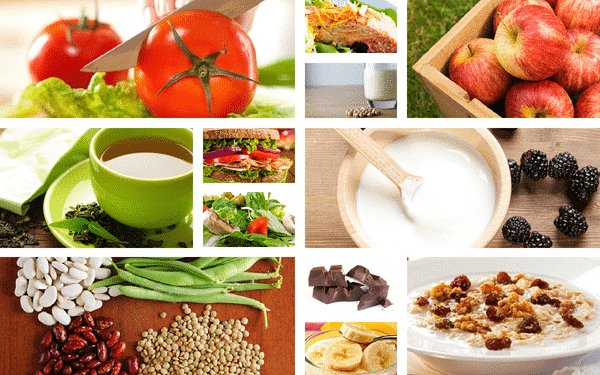
Top Foods (and Drinks) for a Healthy Heart
12 Items You Should Keep on Hand for Simple, Heart-Healthy Meals:

Tomatoes and Lycopene – Reduced Risk of Cardiovascular Disease
Tomatoes are full of an antioxidant called lycopene, which is what gives them their vibrant red color. Many studies have shown a connection between higher blood lycopene and reduced risk of stroke and heart attack. A 2004 analysis conducted by Physicians’ Health Study, for example, found a 39 percent decrease in stroke risk in men with the highest blood levels of lycopene. Tomatoes are also an excellent source of beta-carotene, potassium, folate, vitamin C, vitamin E, and flavonoids.

Fish and Omega-3 Fatty Acids – Benefits May Outweigh Risks
According to the American Heart Association, eating fatty fish like salmon, tuna, herring, and some trout twice a week may reduce your risk of heart disease. These fatty fish are great sources of omega-3 fatty acids, which have been proven to decrease the risk of abnormal heartbeats (called arrhythmias), decrease triglyceride levels, slow down the growth of atherosclerotic plaque, and slightly lower blood pressure. Who should be careful about their consumption of fish? The American Heart Association warns that some fish can contain unhealthy levels of mercury and pregnant women and children should monitor their intake. For more information about these guidelines, click here.
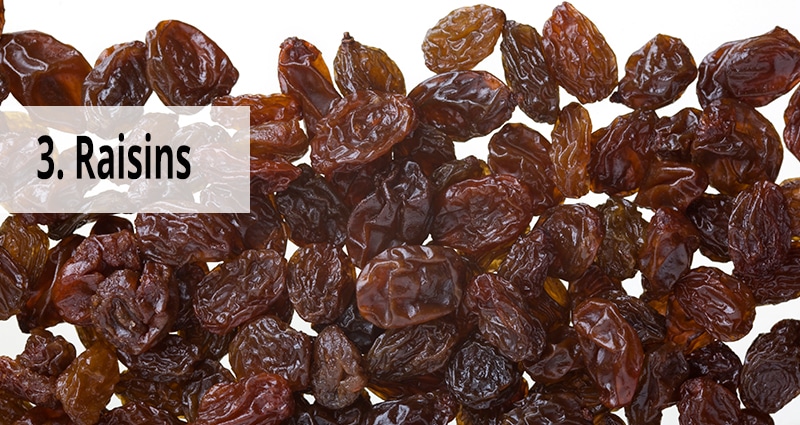
Raisins and Lower Blood Pressure – Are the Cereal Commercials Accurate?
There may be some cardiovascular health benefits from snacking on raisins. This is especially true in comparison to eating other common and more processed snacks, a recent study suggests. In a study by doctors at the Louisville Metabolic and Atherosclerosis Research Center (L-MARC), 46 men and women with borderline high blood pressure were randomly selected to consume either about 60 raisins or a pre-packaged snack three times a day over a twelve week period. The final result was that the raisin group showed a significant decrease in systolic blood pressure. The study did not identify how raisins lower blood pressure, but experts believe that potassium content plays a large role. Raisins are also a good source of fiber, polyphenols, phenolic acid, tannins and antioxidants.
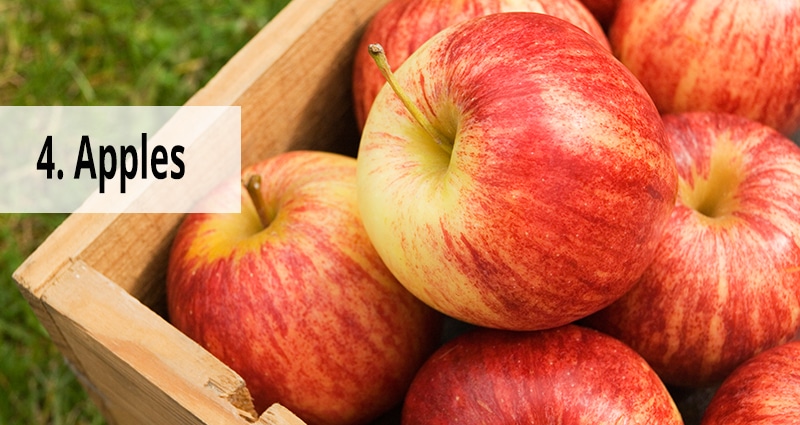
An Apple a Day to to Keep Heart Disease Away?
Dr Adam Briggs, lead researcher of the BHF Health Promotion Research Group at Oxford University says: ‘The Victorians had it about right when they came up with their brilliantly clear and simple public health advice: “An apple a day keeps the doctor away”.’ “It just shows how effective small changes in diet can be, and that both drugs and healthier living can make a real difference in preventing heart disease and stroke,” he adds. In addition to cardiovascular benefits, apples can also help regulate blood sugar, make you feel full longer, and protect against certain types of cancer.
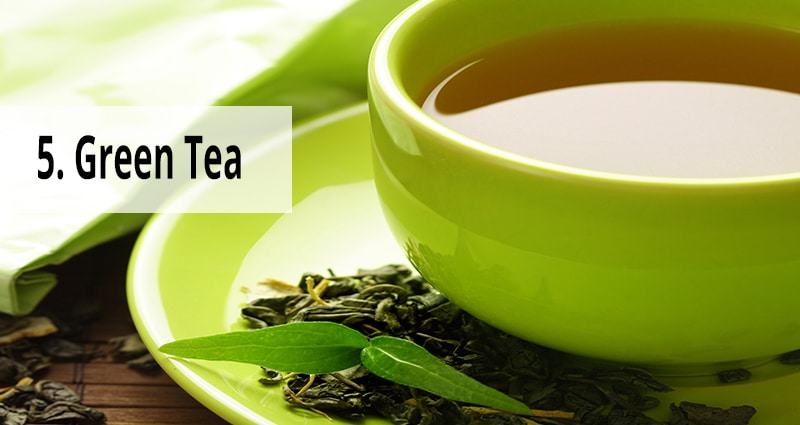
Green Tea May Lower LDL Cholesterol and Triglycerides
Regularly drinking green tea may help lower your risk of heart disease, some studies suggest. One such study, cited in a 2012 Harvard Medical School Newsletter, looked at 40,530 Japanese adults and “found that participants who drank more than five cups of green tea a day had a 26% lower risk of death from heart attack or stroke and a 16% lower risk of death from all causes than people who drank less than one cup of green tea a day.” According to a 2008 article published by TIME, flavonoids found in green tea work as antioxidants to help prevent inflammation in body tissue, which keeps blood vessels pliable. It’s possible that this may also help against the formation of blood clots, which are a leading cause of heart attack. Green tea’s powerful flavonoids may also lower your risk of certain types of cancers, help you maintain a healthy weight, keep your joints healthy, and possibly even keep your allergies at bay.
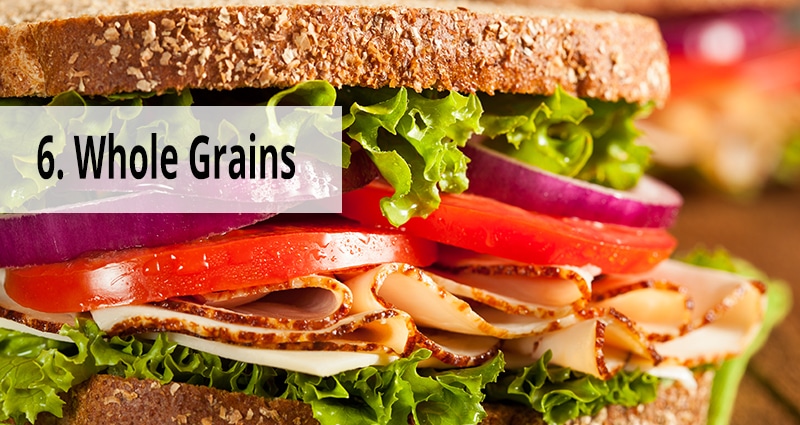
Whole Grains and Fiber – What Do You Need to Know?
Whole grains are generally a good source of dietary fiber, which as part of a balanced diet, helps reduce blood cholesterol levels and could lower the risk of heart disease. Whole grains also contain other valuable nutrients such as B vitamins (including folic acid), iron, magnesium, and selenium. Check out the American Heart Association’s guide for everything you need to know about whole grains and fiber.
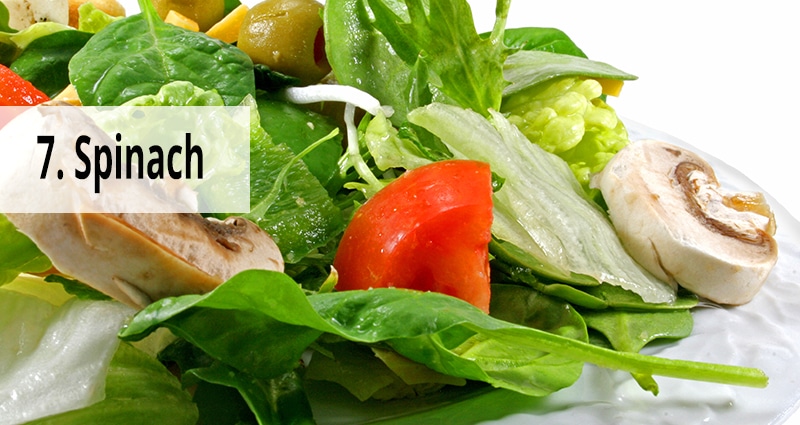
Spinach, Kale, and Other Leafy Greens – Heart-Healthy Super Foods!
You have no excuse not to eat your greens! Spinach, kale, and other leafy greens are packed with powerful vitamins and nutrients such as such as fiber, calcium, omega-3 fatty acids, protein, and vitamins A, C, and K. Don’t limit yourself to spinach and kale – collard greens, mustard greens, turnip greens, and swiss chard are all great choices to work into your diet.
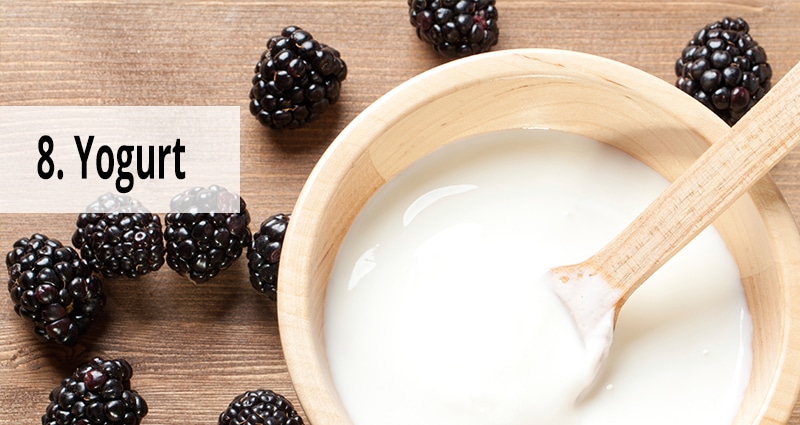
Yogurt May Have Heart-Health Benefits
The benefits of yogurt may extend beyond helping to prevent osteoporosis and maintaining healthy digestion. There have been many studies that have shown a beneficial effect of dairy consumption on blood pressure. Some studies suggest that consuming about half a cup of yogurt a day may prevent thickening of the carotid arteries. In turn, this could help reduce the risk of heart disease and stroke.
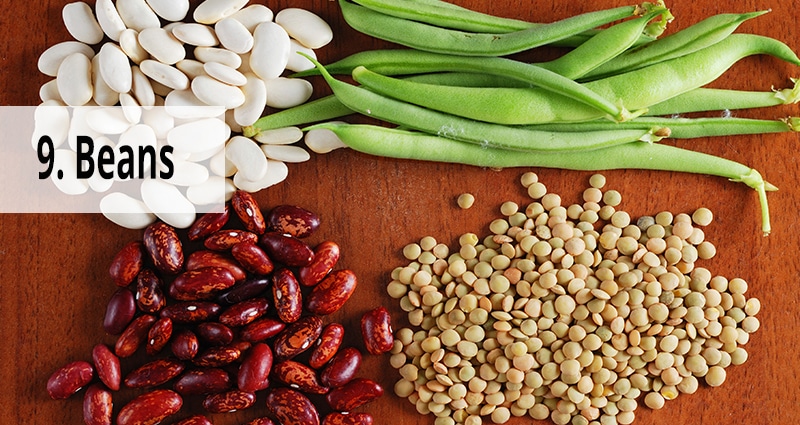
Beans, Legumes, and Blood Cholesterol
Unlike meat, beans have no cholesterol and very little fat – but they’re still high in protein and fiber! According to the American Heart Association, one of the health benefits of eating beans is that they may reduce blood cholesterol, a leading cause of heart disease. America’s top heart hospital, the Cleveland Clinic, recommends trying black beans, black-eyed peas, kidney beans, and lentils.
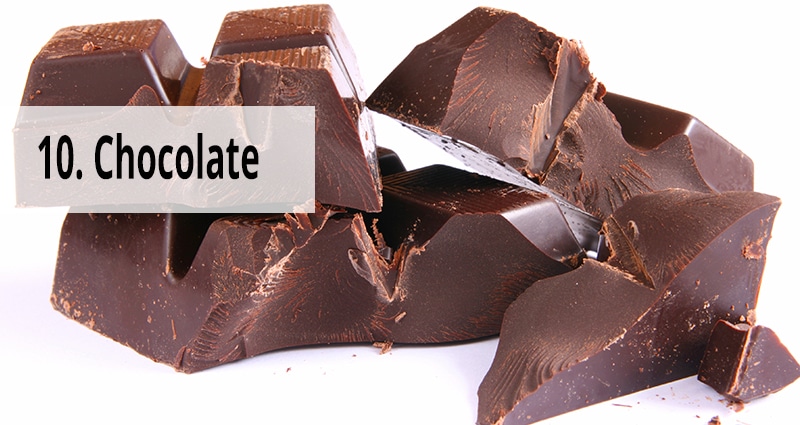
Chocolate and Flavanols – Too Good to be True?
You’ve probably heard that chocolate, especially dark chocolate, could be good for your health. The good news is that there could be some truth to this when it comes to your cardiovascular health. Cocoa and chocolate contain specific flavonoids called flavonols, which studies have shown to have a positive influence on vascular health. According to the Cleveland Clinic, potential influences can include decreased blood pressure, increased blood flow to the brain and heart, and improved function of blood platelets. Not all types of chocolate are healthy, however. The more that chocolate is processed, the more flavonols that are lost. Flavonols are also found in a wide variety of foods and beverages such as cranberries, apples, peanuts, tea, and red wine.
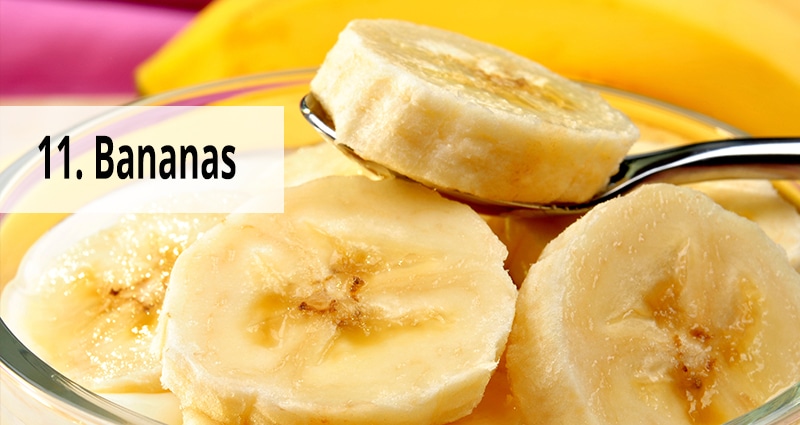
Bananas – High in Potassium and Low in Sodium
The basis of a heart-healthy diet is one that is low in sodium and high in potassium and fiber. This makes bananas an excellent choice! Bananas are also good sources of vitamin B6. According to the American Heart Association, B vitamins are beneficial to your vascular health because they have been proven to help break down homocysteine, which is an amino acid that can be dangerous in high levels.
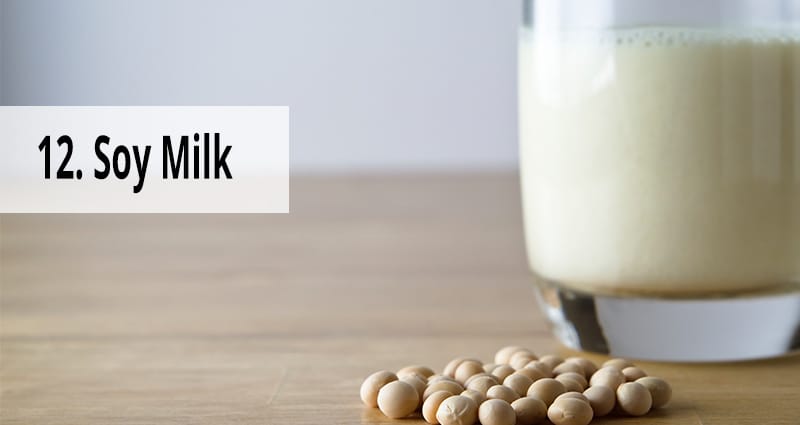
Soy Milk and Milk Protein Dietary Supplements
A study published in the American Heart Association Rapid Access Journal suggests that milk and soy protein supplements are associated with lower blood pressure compared to refined carbohydrate dietary supplements. Soy, rice, and almond milk are all good options if you’re looking for a healthy milk substitute. All three are low in fat and rich in calcium and vitamins A and D.

Join our Senior Wellness Society for the latest news on Medicare and tips for healthy living in San Diego!
Sign up now ›Are you looking for specialized medical care in San Diego?
Our directory has more than 850 doctors in San Diego County of various specialties who are available to help you.
Find a doctor